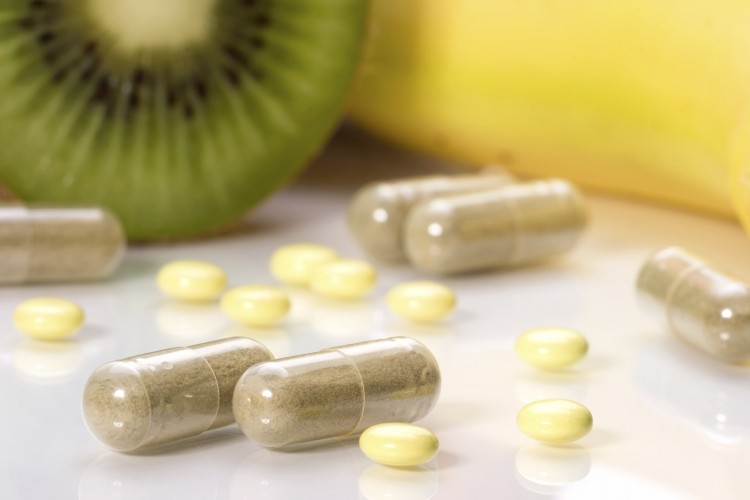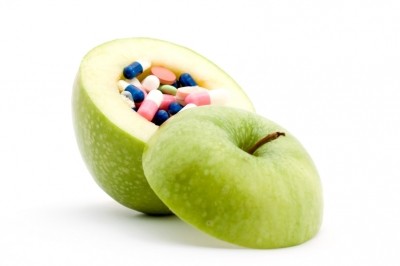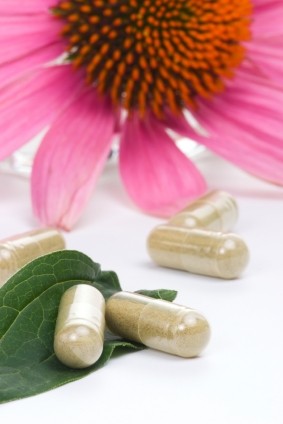NGO set to file THMPD legal challenge by end of March

ANH-Int (The Alliance for Natural Health International) promotes natural and sustainable approaches to healthcare, and is initiating the High Court action in the hope of getting the case refered to the European Court of Justice (ECJ) upon the basis that the directive is ”disproportionate, non-transparent and discriminatory”.
From May 1, thousands of herbal products not registered when the 2004 directive is implemented face being outlawed within the EU, where the THMPD ruled that producers of herbal product must register products via national bodies, such as the UK’s MHRA (Medicines and Healthcare Products Regulatory Agency) by April 30.
Robert Verkerk, AHN-Int executive and scientific director, told NutraIngredients.com that although health secretary Andrew Lansley said yesterday that UK practitioners registered with the Health Professions Council (HPC) could continue to prescribe unlicensed products, the directive would still have a ”devastating effect” on health stores and retailers, while the prescription loophole did not apply elsewhere in the EU.
Widespread industry opposition
Once registered under the THMPD, a product licence allows manufacturers to make health claims, a factor that (given the high success rate for applications) is attracting interest amongst food supplement makers and herbal ingredient suppliers frustrated by the 2006 nutrition and health claims regulation.
But AHN-Int’s challenge to the THMPD taps into widespread industry opposition amongst herbal producers and the public, said Verkerk, where the NGO asserts that the directive is the reason why so few herbal products (79 in the UK) have been registered, with others facing removal from sale after a two-year sell-through period.
The NGO says the directive discriminates against non-Western herbal medicine traditions that often use polyherbal product combinations – particularly “the two biggest” (Ayurvedic or Indian and Chinese), with registrations too costly for smaller firms, while it criticises the THMPD’s refusal to assess products that treat major health conditions.
Money no object to legal action
Verkerk said that AHN-Int has raised almost £62,000 (€74,000) out of the £90,000 (€106,000) it needs to pursue the legal challenge, and although he could not reveal precisely when the action would start, said:
“We are looking to file before the end of next month, which is slightly later than we hoped, but is not due to lack of funds – we have donations coming in all the time and are paying the lawyers as we go – but the mass of material we’ve had to get through [in order to mount the action].”
Although AHN-Int has gained funding from firms such as Deltastar Nutrients, Evergreen Health Store and herbal associations the European Benefyt Foundation and the Association of Master Herbalists, Verkerk said that more funds had come from members of the public and individual practitioners.
Discriminates against non-Western traditions
He explained that AHN-Int opposes the THMPD on several grounds, most notably the fact that “with few exceptions, and only a few”, most successful applications under the directive relate to alcoholic extracts of single-herbs – impregnated into chemical bases as tablets or capsules along modern, Western pharmaceutical lines.
Conversely, complex poly-herbals were unduly tough to get approval for, Verkerk said, with 80 per cent of UK registrations relating to single-herb products, rather than herbal combinations common to non-European herbal medicines, and no registrations for Chinese or Indian (Ayuverdic) products.
Another major problem, he observed, is that the assessment regime under the directive favours a “synthetic drug manufacture” approach that benefited larger pharmaceutical firms (which AHN-Int says are responsible for 34 per cent of around UK applications), as does the cost barrier for each application, which the NGO assesses at £80,000 (€95,000) to £150,000 (€178,000).
Common examples of herbal products that remain unregistered under the THMPD, and could disappear from EU retail sale after April 30, include herbal combinations for premenstrual tension using red clover and chasteberry, meadowsweet for arthritis, arjuna for heart health and bibitaki (one of three key ingredients in Ayurvedic digestive health product Tiphala).















